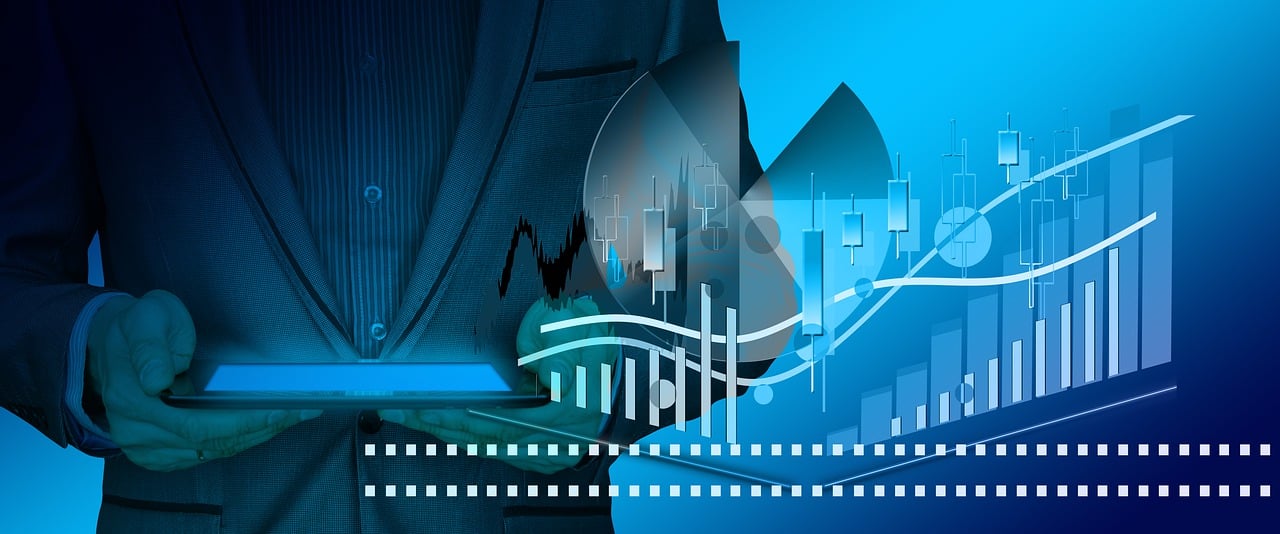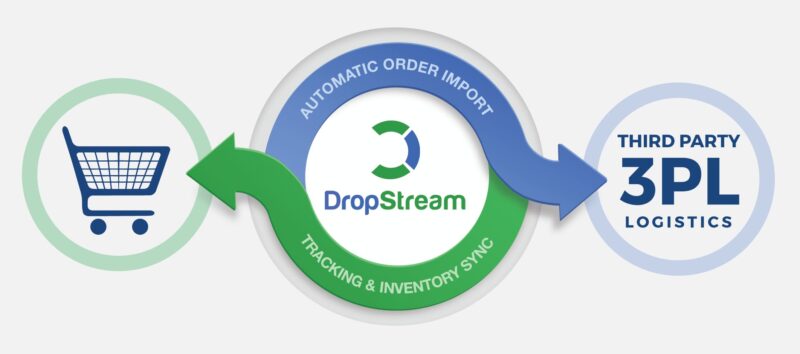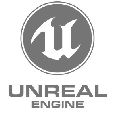1. Big Data
The use of Big data is going to be another level up in healthcare trends. In health care, big data sources include patient medical records, hospital records, medical exam results, and information collected by healthcare testing machines (such as those used to perform electrocardiograms, also known as EKGs). With tons of patients’ healthcare records and medicine data around, big data can be used to improve the treatment of the patients and reduce their diagnosis costs eventually resulting in the improvement of their health. Advanced data mining and analysis techniques of Big Data could assist in curing rare diseases using the current drugs and available cures.
In addition, the computation using big data would help analyze the existing data and that of the patients’ leading to their healthier life.
2. Telehealth
Telehealth, also referred to as telemedicine or e-medicine, is the remote delivery of healthcare services, including exams and consultations, over the telecommunications infrastructure. Telemedicine is time-saving and cost-saving for both the physician and the patient. Beyond convenience, there are several health benefits to telemedicine. The most significant is that the practice increases access to health services, especially primary care and follow-up appointments. Whether for people with hectic schedules, limited time-off from the job, or those unable to drive, telemedicine is the remedy to communicate with doctors from anywhere with an internet connection.
3. Wearable Healthcare Gadgets
In healthcare, the Wearable IoT (WIoT) is a network of patient-worn smart devices (e.g., electronic skin patches, ECG monitors, etc.), with sensors, actuators and software connected to the cloud that enable collection, analysis and transmitting of personal health data in real time. IoT has improved the healthcare sector, such as wearable implant devices, monitoring patients’ runtime data on mobile applications for critical healthcare needs. The intelligent connectivity of smartphone apps and smartwatches has made it convenient and user-friendly to monitor daily health records and diagnose their health trends.
4. Artificial Intelligence
The modern healthcare industry is transforming and AI can be a stimulus for growth in emerging markets. AI in healthcare is an umbrella term to describe the application of machine learning (ML) algorithms and other cognitive technologies in medical settings. The application of AI to healthcare data can literally be a matter of life and death. AI can assist doctors, nurses, and other healthcare workers in their daily work. AI in healthcare can enhance preventive care and quality of life, produce more accurate diagnoses and treatment plans, and lead to better patient outcomes overall. AI can also predict and track the spread of infectious diseases by analyzing data from a government, healthcare, and other sources. As a result, AI can play a crucial role in global public health as a tool for combatting epidemics and pandemics.
5. Blockchain
A Blockchain network is used in the healthcare system to preserve and exchange patient data through hospitals, diagnostic laboratories, pharmacy firms, and physicians. Blockchain applications can accurately identify severe mistakes and even dangerous ones in the medical field. Thus, it can improve the performance, security, and transparency of sharing medical data in the health care system. Blockchain technology and the digitization of medical records can help close some of the lingering cybersecurity troubles that plague the modern healthcare system.
6. Cloud Technology
Cloud computing in healthcare describes the practice of implementing remote servers accessed via the internet to store, manage and process healthcare-related data. This is in contrast to establishing an on-site data center with servers, or hosting the data on a personal computer. Cloud storage offers a flexible solution that allows healthcare professionals and hospitals to leverage a network of remotely accessible servers where they can store large volumes of data in a secure environment that is maintained by IT professionals.
During the pandemic, the entire healthcare system had depended on the application of cloud computing. Some perks of the increased use of cloud systems in healthcare include improved privacy, lowered expenses, and better patient care through remote operation and collaboration.
7. Gamification via HealthTech
Healthcare gamification means applying gaming principles, game design techniques, and game mechanics to non-game applications in order to improve clinical outcomes. The healthcare industry is taking gamification to the next level, with a growing number of patients using interactive medical simulators and gaming devices to help them improve their heart health and build muscle strength. For healthcare providers, gamification is a valuable emerging technology to increase patient engagement and contribute to a healthier ecosystem.
Contact Taksa for your Outsourcing Development Project requirements and see how our developers incorporate the best scalable application framework and technologies into your project.






